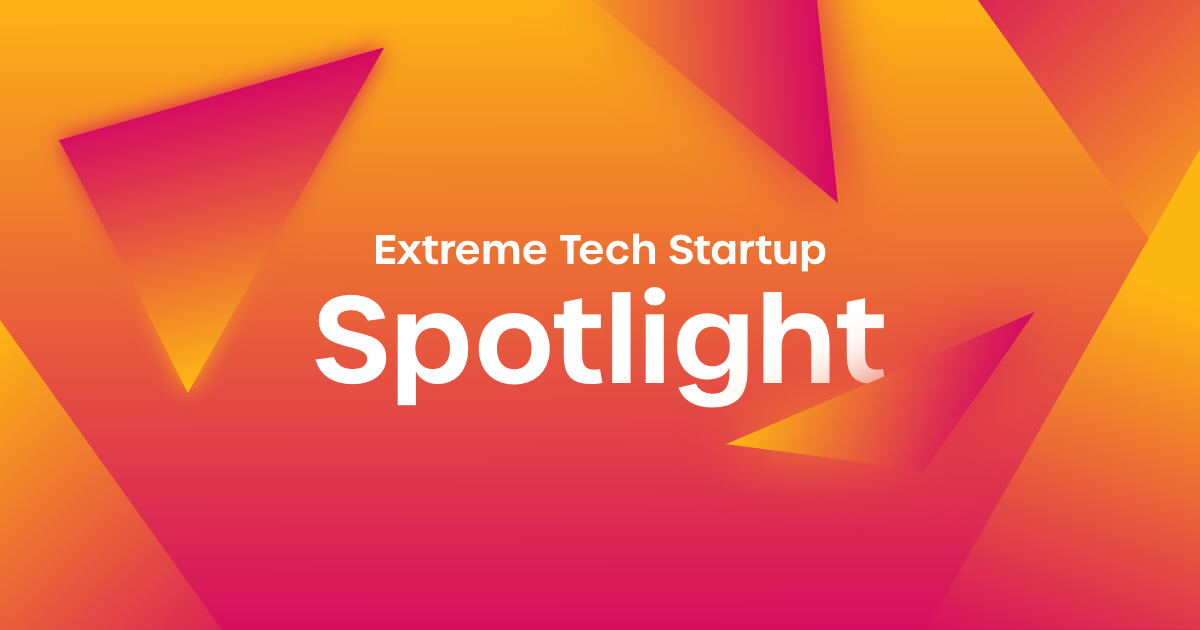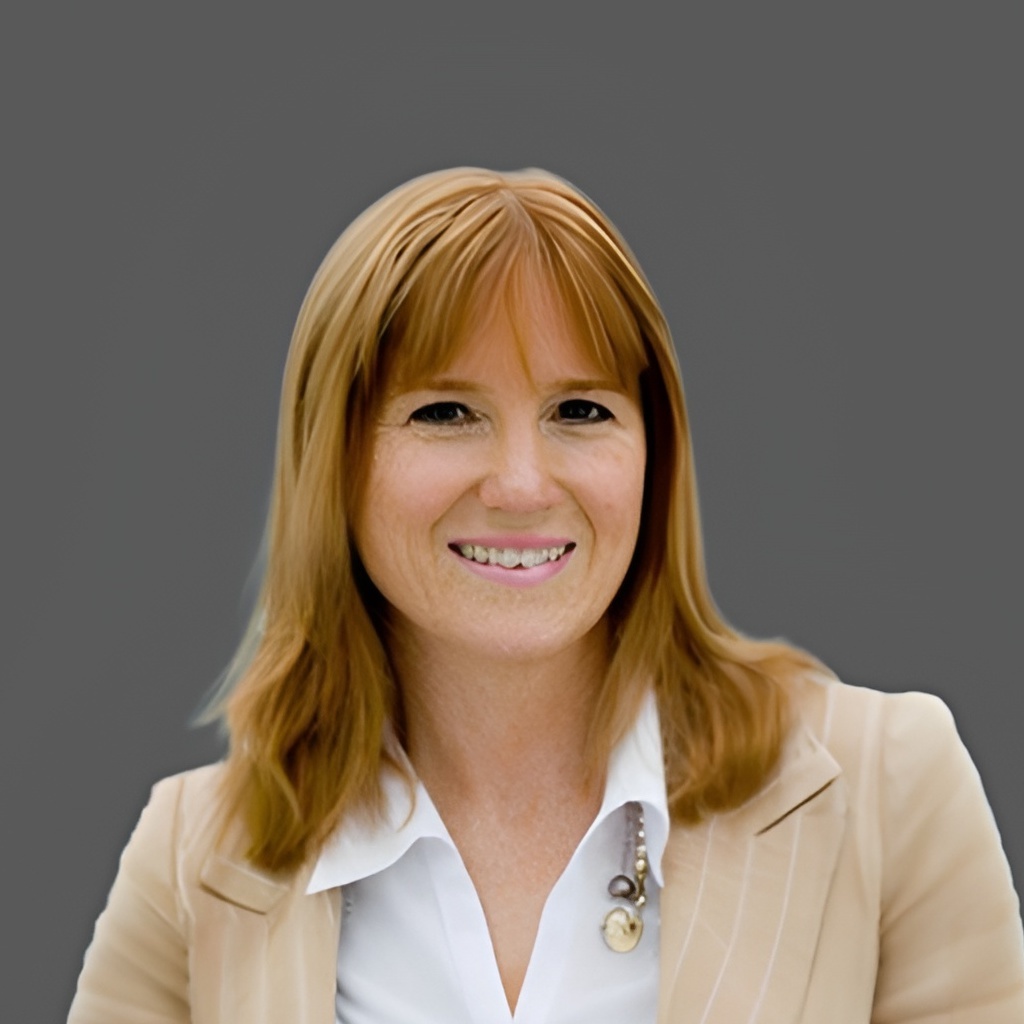This week in our Startup Spotlight blog series is our 2023 World Food Forum Startup Innovation Award Winner –Sustainable Planet!


Interviewed and Edited by John Martin
Six Questions for Susan Payne Co-Founder and Chief Operating Officer, Sustainable Planet –

Susan Payne has a broad educational background, from a liberal arts honours degree from McGill University, with course work in Italy and Israel and a year at St Andrews in Scotland, to law degrees from McGill and Oxford and an MBA diploma from the London School of Economics. After 25 years of advancement at top investment banks and hedge funds focused on emerging markets trading, structuring and marketing, she spent over a decade working on large-scale food and land projects across sub-Saharan Africa, including in Mozambique, taking greenfield and distressed sites to profitable enterprises. She co-founded a sustainable, regenerative agricultural investment firm called Holistic Investments in 2016, co-founded Sustainable Planet in 2020 and just last year launched a pioneering pan-African Gender Lens Investing & Disadvantaged Entrepreneurs (GLIDE) Fund based in South Africa.
1. What problem is Sustainable Planet solving and how?
Sustainable Planet addresses three major global problems: food security, climate change and agricultural regeneration. Nature-based solutions like Sustainable Planet use fewer inputs for generating substantial nutrition at large scale; we use less to grow more, as well as less land, including non-arable land, thereby halting deforestation and its severe climate impacts.
2. What is your background that led you to founding Sustainable Planet?
My co-founder, Sven Kaufmann, and I are dedicated to food security and climate mitigation, and we both personally follow meat-free diets. From my early teens, I’ve followed a vegetarian diet, and Sven turned vegan about a decade ago. The company is 100% geared to climate change initiatives and sustainability, hence its name.
I changed my own career trajectory more than a decade ago, leaving the city in London to become a green entrepreneur in Africa in order to be on the front line to help move the dial in the areas I believe in. I bought distressed, large commercial farms and revived them to better understand food production across the value chain on a continent where there is no such thing as subsidies or accessible financial agricultural support. I also founded a climate change, gender-lens fund called GLIDE, which supports female business builders like me across Africa, where startups are generally very much on their own.
Sustainable Planet is the most impactful business I have ever been involved in building given its business model: massive scalability on the back of rapid protein production 365 days per year; re-purposing distressed or unusable lands for food; engaging subsistence farmers, increasing their incomes and nutrition dramatically and holding the IP to increase protein and nutrients across many different foods. The company addresses each of the UN’s 17 SDGs.
3. What is unique about your technology and what is its validation status?
We grow plant protein using non-arable land and 15 times less water than soybeans, with no de-forestation. Our focus is on water lentils, also known as duckweed, from the sub-family Lemnoideae from the seed-bearing group of angiosperms. Water lentils are unique in many ways. Unlike soybeans and other plant proteins, they are a highly nutritional superfood, containing all amino acids and multiple vitamins, including B12. They grow far more quickly all year round and produce 10-15 times more protein per hectare with 15 times less water than soybeans. They have no allergens, and we use no chemicals to grow them. The plant is a carbon sink and a major producer of oxygen. It also absorbs salts from the land on which it sits, eventually regenerating non-arable salt flats to a usable condition to grow food. Also, the company has the global intellectual property to transform water lentils to a colourless, odourless powder usable across multiple foodstuffs for humans and animals.
4. What are your Go-To-Market ideas and traction received so far?
We showcased our supplement powder and protein bars at Gulfood Dubai 2022. We have developed protein pasta. We are working with ingredient producers to extend our range, and we have started to sell fish and animal food. We are seeking funding to further scale up our operations to meet demand.
5. What’s next?
Having tested the product in eight countries in four regions, we are focused on developing our flagship site in Mozambique and will replicate this across Southern Africa. We have also opened an office in Abu Dhabi and plan to expand in the MENA region, where we have identified a farm where we will grow protein on sand. We were honored to be invited to join the UN Pavilion at COP28, presenting there and on behalf of Microsoft.
6. Tell us about your experience with XTC and what were the benefits/takeaways?
I loved working with XTC and the World Food Forum because of the attention and direction they gave to each of their selected participants, looking under the covers and asking prying and accurate questions before sharing their views on how best to convey the story. I enjoyed all the people involved, including many specialists, and the thoughtful laser-beam focus they provided to each of us in one-on-ones. I appreciated their focus on the details after my experience over many years speaking and presenting in public.
Finally, I enjoyed being back at FAO’s offices I know very well, where my father worked for many years, and in Rome, where I attended school. My father is no longer alive but would no doubt have smiled seeing Sustainable Planet win the UN World Food Fund Startup Innovation Award for Better Nutrition in his workplace, carrying on the work to which he dedicated his later life. He was an exceptional role model, mentor and father, proving to me the fruit truly does not fall far from the tree.